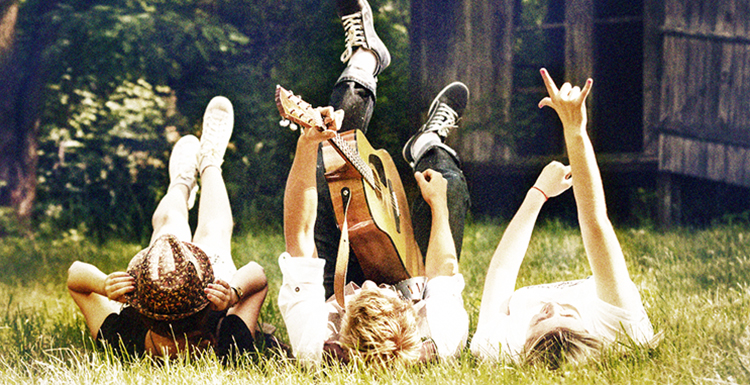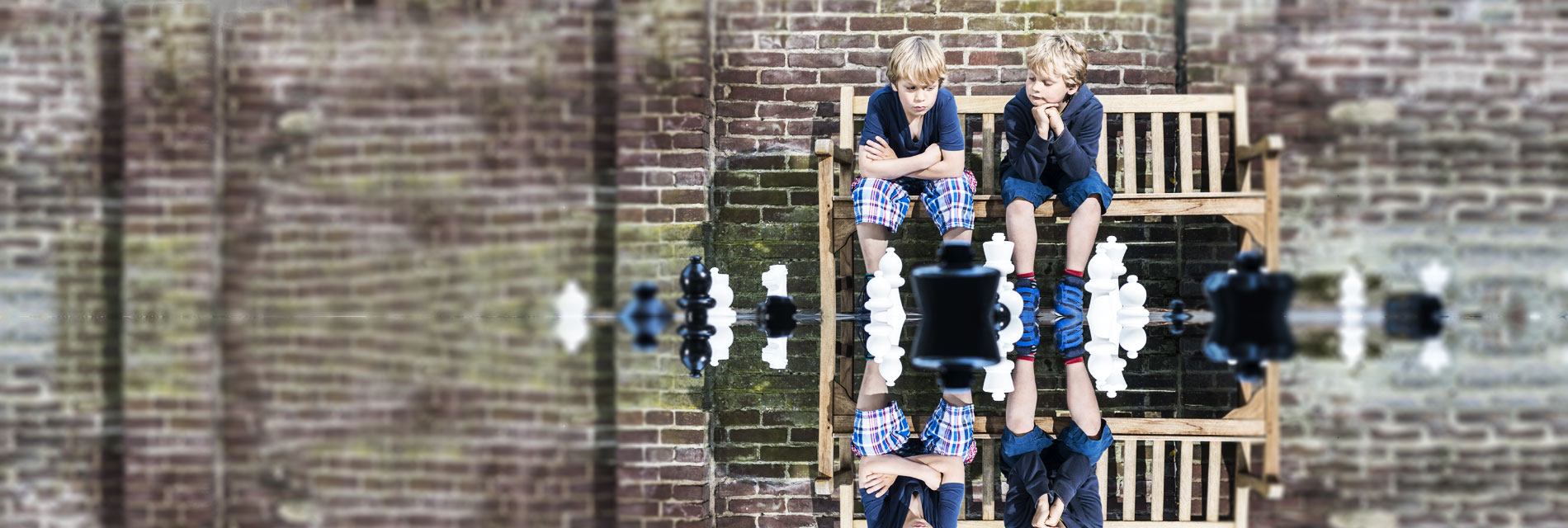Exercising mindfulness. Part 1.

As a teenager, I remember my Dad providing my sisters and myself with valuable relationship advice by frankly telling us to “wake up to ourselves!” and even to “take a good look in the mirror!”
At the time, we would laugh and carry on regardless, totally unaware of his meaning. As it is with hindsight, I can now begin to understand the wisdom in his words.
Dad was encouraging us to be more ‘aware’, to become more ‘mindful’ and even more ‘conscious’ of our behaviour. He was attempting to teach us the necessary tools to self manage our emotions, behaviour and relationships.
The adolescence period of life can be viewed as one of ‘transition’ from being a teenager to becoming an adult. It can also bee seen as ‘apprenticeship’ and even a ‘rite of passage’.
But what does this actually mean? What does it mean to become an adult in our society and how do we celebrate this transition?
In various cultures this is celebrated with a ‘rite of passage’ where the coming of age journey is expected and respected.
In the Australian culture, this rite of passage’ has been traditionally celebrated with an 18th or 21st Birthday celebration involving the ‘right to consume’ vast amounts of alcohol. I feel we have missed a vital teaching and learning opportunity when celebrating this crucial ’transition’ period.
A recently published article in the SMH, titled “Schools must teach emotional resilience” paints at very startling picture of how our teenagers are not coping in our schools and society.
The article highlights the findings of the Resilient Youth Australia Survey and it has discovering that one in three girls and a quarter of boys are depressed. It was also revealed that 34 per cent of girls and 30 per cent of boys felt constantly under pressure and unable to overcome difficulties. More than half had low levels of resilience and of those, 43 per cent felt violence was an appropriate way to solve issues and problems1.
The article continued to reveal that anxious and depressed teenagers turn to alcohol, violence and negative risk taking behavior as ways of coping. This evidence may also help to explain another national disaster we are facing and this is the rising incidence of young men involved in alcohol-fuelled violence.
In an attempt to combat violence and poor decision-making, the Resilient Youth Australia Survey advocates strongly teaching emotional intelligence and resilient skills in all schools. This involves teaching high school students effective communication, conflict resolution techniques and relationship skills.
Mindfulness as a tool to foster emotional literacy is gaining more and more momentum in our schools and community. Evidence based scientific research is also proving the associated benefits of individuals becoming more mindful. The ability to identify feelings and emotions and develop appropriate strategy is a great life skill to learn.
So who else is responsible for providing the support for our youth to adulthood apprenticeship? Well, aren’t we all responsible? Some cultures believe it takes a village to raise a child and I would suggest it takes a village (community), a school and a Nation to assist our youth transition successfully into adulthood. It starts with the role modelling in the family, supported by our schools, clubs, and teams. GP’s, mental health and allied health clinicians are also professional team players. Successful transition into adulthood could be seen as a team sport, where we all play a supportive and active role.
In order to successfully graduate from this youth apprenticeship, there needs to be some solid scaffolding and support structures in place. Other requirements include, a strong purpose, specific goals, clear outcomes, positive teamwork and a supportive mentor.
These requirements are essential for the teenage trainee apprentice to learn, develop and practise the skills required to successfully navigate this tricky transition period from adolescence to adulthood. Of course it is a two way street and the budding apprentice requires the desire, willingness to commit to the hard yet rewarding work ahead!
The World Health Organisation defines mental health as state of well-being in which every individual realises his or her own potential, can cope with the normal stresses of life, can work productively and fruitfully, and is able to make a contribution to his or her community2.
From this viewpoint it can be seen how important and beneficial positive mental health is to the individual and community. Positive mental health is a key component for growth, happiness, positive relationships and the ability to make a meaningful and fruitful contribution.
Teaching emotional literacy is a proactive and positive way to provide the self-management skills and tools used to improve metal and physical health. In Part 2 of ‘Exercising Mindfulness’ we will investigate emotional literacy strategies and exercises designed to entourage resilience, learned optimism and wellbeing in teenagers.














